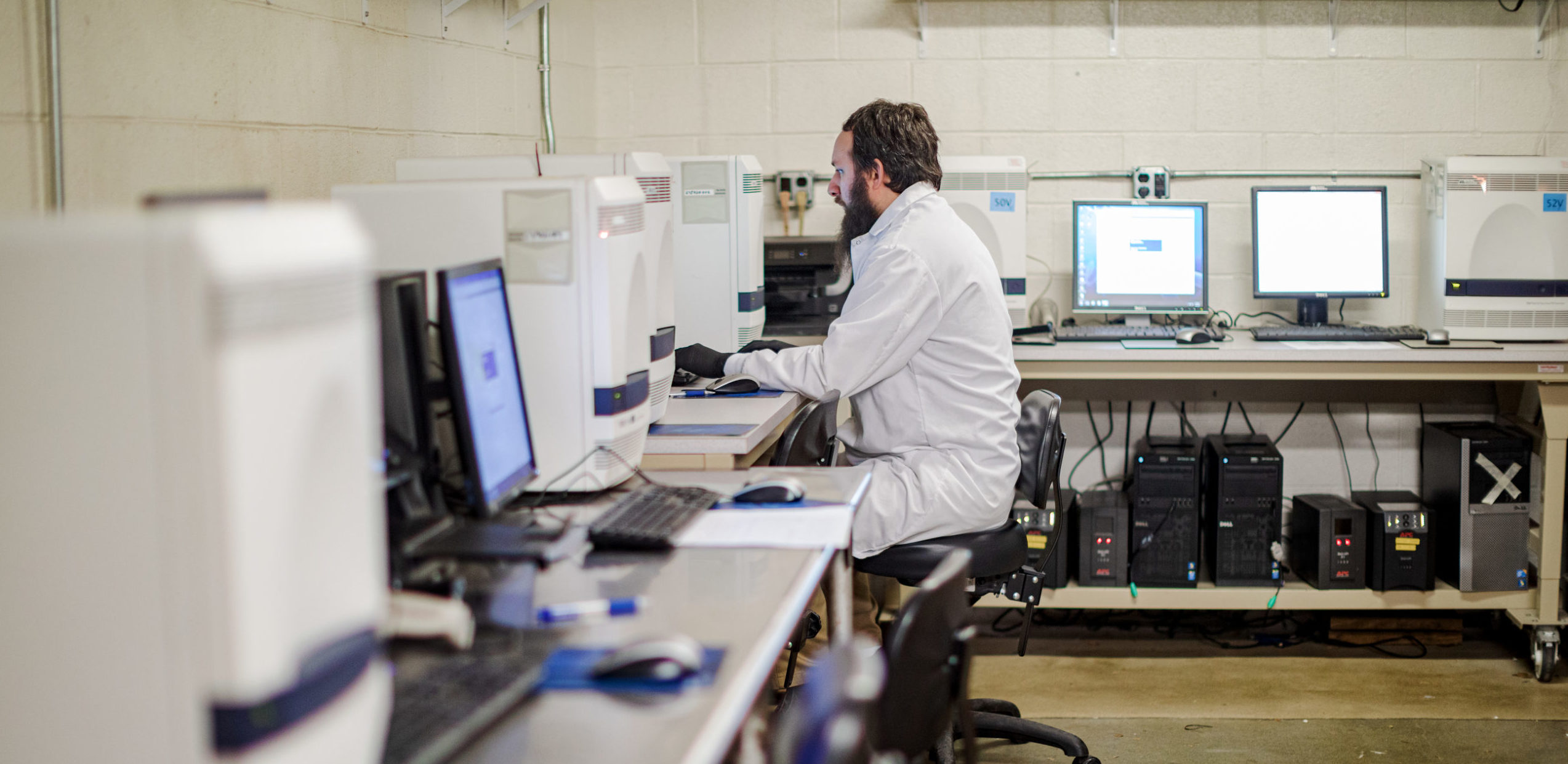We Could Be Collecting Data on Coronavirus Cases, but the Government is Afraid of Being Embarrassed
by Jo Sutton-Klein
24 March 2020

The UK is now under lockdown, but remarkably the government is still not taking adequate steps to find out how many people in the country actually have Covid-19.
While some measures to tackle the spread of the coronavirus will cost billions of pounds and others are already causing huge social disruption, collecting data on suspected cases and making it open access would be relatively easy to facilitate.
On the other hand, failing to collect data on the spread of the virus is already costing lives and obscuring accountability.
We know that the UK is not testing on the scale needed: currently only those who are unwell enough to make it into hospital (or rich enough to go private) get tested – likely explaining a relatively high case mortality rate in the UK of more than 4%.
This is a failure of the government, but one that can be understood in context. Testing requires not just political will, but personnel, infrastructure, equipment and labs, which – unless you are in China – cannot be built overnight.
But the consequences of only collecting data from the small proportion of Covid-19 sufferers who end up hospitalised is huge.
We don’t know how many people in the UK currently have Covid-19 or have had it and recovered. We don’t know how many people are self-isolating because someone in their household is suspected of having it. We don’t know where Covid-19 is spreading in the community, and – crucially – we won’t really know when the number of cases starts to fall.
There are many reasons why the government should want to know all this. More data would allow us to allocate personnel and resources to the health service according to need. It would allow us to understand if certain areas need to have stronger lockdown measures enforced. It would allow us to truly measure the social and economic impact of Covid-19. It would also allow us to learn about the coronavirus, to understand the patterns of spread and the different presentations of the illness.
While testing everyone on the scale seen in countries like Korea may not be feasible, there are other ways we could increase our understanding of the disease and its spread – if the government wanted to.
The World Health Organisation (WHO) has created several case definitions for Covid-19. Confirmed cases and probable cases are defined as instances in which the patient has symptoms and a test for coronavirus has come back either positive or inconclusive. But while the WHO has made it clear that testing for coronavirus is an essential step in suppressing the spread, it does have a third case definition: suspected cases are those in which the patient shows clinical symptoms but has not been tested.
Creating a national online form for people to self-report when they have symptoms or are self-isolating would be a relatively simple task for the civil service. With a bit more effort a complimentary telephone service could also be set up for people who don’t have access to a computer or the internet.
Collecting this data, anonymising it and making it open access is one of the most efficient and cost-effective measures that could be taken to tackle this pandemic. Researchers across the world would be able to use the data to build up our collective knowledge of the virus, and understand what steps need to be taken to suppress it. While data collection may not seem the most exciting of measures, there are rafts of epidemiologists who live for this stuff and would happily help analyse the information gathered.
Given the relative simplicity of the task, it is difficult to understand why the government has not done it yet. It could be incompetence – but there might be a political agenda too.
Earlier this month, researchers at Imperial College embarrassed the government by using open access data to publish a paper online challenging the strategy of herd immunity. This resulted in immense public pressure on the government to change its course of action. Without data, the science the government is using to justify all its decisions is theoretical and hypothetical, and therefore difficult to challenge. It’s also more easily manipulated.
Data can be embarrassing, and it can put uncomfortable pressure on the government to take actions that it doesn’t want to take. But data can also save lives. We should demand proper data collection now – to effectively tackle this pandemic, and also to hold our government to account.
Jo Sutton-Klein is a junior doctor in Sheffield and has an MSc in social epidemiology.